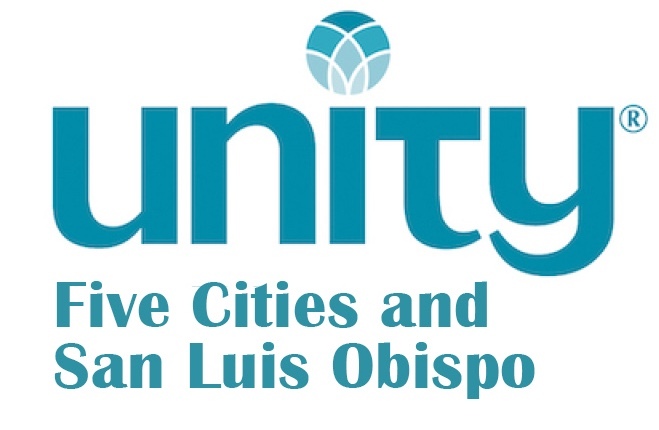No. Unity and Christian Science, as well as many other New Thought groups, had their beginnings in the latter part of the nineteenth century. The application of principles, the methods of teaching, and the organization of the two movements are quite different.
Yes. All of our services in the Unity Village Chapel, along with the surrounding grounds, are open to the public. The grounds at Unity headquarters include a rose garden, a labyrinth for walking meditation, a metaphysical library, and a bookstore.
Sin is our separation from God, the Good, in consciousness. Salvation is now--not something that occurs after death. It happens whenever we turn our thoughts from fear, anxiety, worry, and doubt to thoughts of love, harmony, joy, and peace. The "fall" takes place in consciousness whenever we fall into negative habits of thinking. Heaven and hell are states of consciousness, not geographical locations. We make our own heaven or hell here and now by our thoughts, words, and deeds.
Unity is a vehicle for instruction, inspiration, and prayer support for spiritual seekers, regardless of their religious affiliation. Unity freely shares its teachings with all churches.
No, there is no connection, although there is sometimes confusion because of the similarity of the names. Each is a distinct organization with its own set of beliefs and practices.
Yes, Unity teaches that the spirit of God lived in Jesus, just as it lives in every person. Every person has the potential to express the perfection of Christ as Jesus did, by being more Christlike in everyday life.
Some aspects of the Unity movement are denominational, and some are not. For example, there are more than 900 Unity churches and study groups affiliated with Unity's sister organization, Unity Worldwide Ministries. This is a denominational aspect of Unity. In addition, the Unity Institute at Unity Village trains approximately 60 students every two years to be Unity ministers. This is also denominational. However, the majority of the work done by Unity involves prayer, publishing, and education services to people of all faiths. These nondenominational aspects include the prayer ministry, Silent Unity, Daily Word (Unity's nondenominational inspirational monthly magazine), retreats, and continuing education classes that are open to everyone and teach Unity principles in nondenominational settings.
We encourage you to explore and apply Unity teachings based on your own spiritual understanding. We believe this spiritual understanding is enhanced through reflective prayer and meditation.
The five basic ideas that make up the Unity belief system are:
1) God is the source and creator of all. There is no other enduring power. God is good and present everywhere.
2) We are spiritual beings, created in God's image. The spirit of God lives within each person; therefore, all people are inherently good.
3) We create our life experiences through our way of thinking.
4) There is power in meditation and affirmative prayer, which we believe increases our connection to God.
5) Knowledge of these spiritual principles is not enough. We must live them.
Unity is positive, practical Christianity. We teach the effective daily application of the principles of Truth taught and exemplified by Jesus Christ. We promote a way of life that leads to health, prosperity, happiness, and peace of mind. Unity has established centers of study and worship throughout the world where people discover and practice the Unity way of life. We address physical, mental, and emotional needs through affirmative prayer and spiritual education. We serve those who seek inspiration and prayer support as well as those who use Unity teachings as their primary path of spiritual growth. We believe that all people are created with sacred worth, and we strive to reach out to all who seek support and spiritual growth. Therefore, we recognize the importance of serving all people in spiritually and emotionally caring ways. Our ministries and outreaches are free of discrimination on the basis of race, gender, age, creed, religion, national origin, ethnicity, physical disability, and sexual orientation. Our sincere desire is to create spiritually aware organizations that are nondiscriminatory and support diversity.
Yes, symbolically. Whereas baptism by water represents the cleansing of the consciousness, spiritual baptism signifies the inflow of the Holy Spirit. Baptism is a mental and spiritual process that takes place within the individual as he or she aligns with the spirit of God. Spiritual communion takes place through prayer and meditation in the silence. The word of Truth is symbolized by the bread or body of Jesus Christ. The conscious realization of God-life is symbolized by the wine or blood of Jesus Christ. Unity practices communion by appropriating, or partaking, of the spiritual energy represented by these elements.
